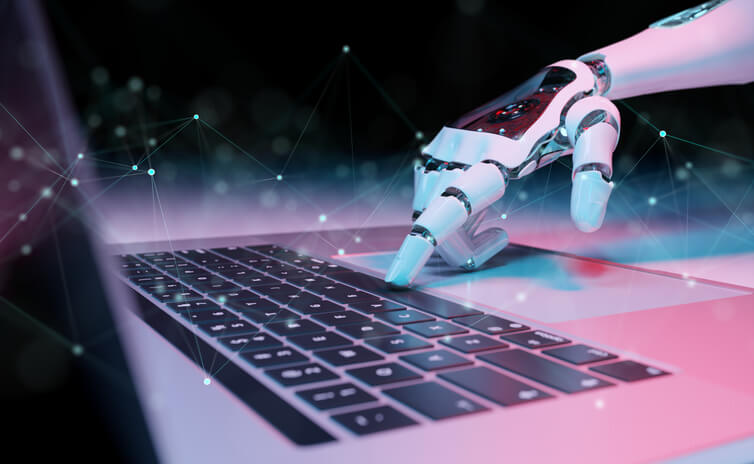South Korean DABUS ruling: the future of AI and patent law
The recent ruling by the Seoul Administrative Court in South Korea that denied a patent application for an invention created by an artificial intelligence (AI) system has reignited the debate about the need for reforms to patent law to accommodate AI-generated inventions.
The application, filed by Dr. Stephen Thaler, was for a new type of beverage container that is designed to prevent spillage. The invention was created by DABUS, an AI system that Thaler developed.
The court ruled that the patent application was invalid because the inventor must be a natural person. The court stated that “the current patent law does not allow for the recognition of an AI system as an inventor.”
This ruling is in line with previous decisions by patent offices in other countries, such as the United States and Europe. However, it has been criticized by some experts who argue that it is outdated and does not reflect the reality of how AI is being used to create inventions.
The debate over the patentability of AI-generated inventions is likely to continue for some time. However, the South Korean ruling is likely to add momentum to calls for reforms to patent law.

Why is the South Korean DABUS ruling important?
The South Korean DABUS ruling is important because it is the first time that a court has ruled on the patentability of an invention created by an AI system. The ruling could have a significant impact on the future of AI and patent law.
If the ruling is upheld, it could make it more difficult for inventors to patent inventions that are created with the help of AI. This could stifle innovation, as inventors may be less likely to develop new inventions if they are not confident that they will be able to obtain a patent for them.
The ruling could also lead to a situation where AI-generated inventions are not protected by patents, while similar inventions that are created by humans are. This could create unfair competition and give human inventors an unfair advantage.
What are the implications of the ruling?
The implications of the South Korean DABUS ruling are far-reaching. Here are some of the key implications:
- The ruling could make it more difficult for inventors to patent inventions that are created with the help of AI.
- The ruling could lead to a situation where AI-generated inventions are not protected by patents, while similar inventions that are created by humans are.
- The ruling could create a patchwork of different patent laws around the world, as different countries grapple with the issue of AI-generated inventions.
- The ruling could stifle innovation and give human inventors an unfair advantage.
- The ruling could lead to calls for reforms to patent law to accommodate AI-generated inventions.
What can be done to address the implications of the South Korean DABUS ruling?
There are a number of things that can be done to address the implications of the South Korean DABUS ruling. Here are some of the key things that can be done:
- Patent offices around the world should review their patent laws to determine whether they need to be amended to accommodate AI-generated inventions.
- Governments should work together to develop international standards for the patentability of AI-generated inventions.
- Inventors should start thinking about how to protect their AI-generated inventions, even if they are not currently eligible for patent protection.
- Researchers should continue to develop AI systems that are capable of creating new and innovative inventions.
The South Korean DABUS ruling is a wake-up call for the patent system. It is clear that the patent system needs to be updated to accommodate the reality of AI-generated inventions. The sooner we start addressing this issue, the better.
The future of AI and patent law is uncertain, but one thing is for sure: the two are inextricably linked. As AI becomes more sophisticated, it is likely to play an increasingly important role in the creation of new inventions. This will require patent law to evolve to keep pace with the changing landscape. In fast-moving technology landscapes like this one, having access to a commercial patent database, like Minesoft Origin, is essential to make sure your organisation stays ahead of the curve. Discover the simplicity of AI searching using powerful Natural Language Processing. Smart Summaries allow your team to make strategic decisions, fast, by speeding up the review of patent documents. Try it out yourself with a commitment free trial today.

